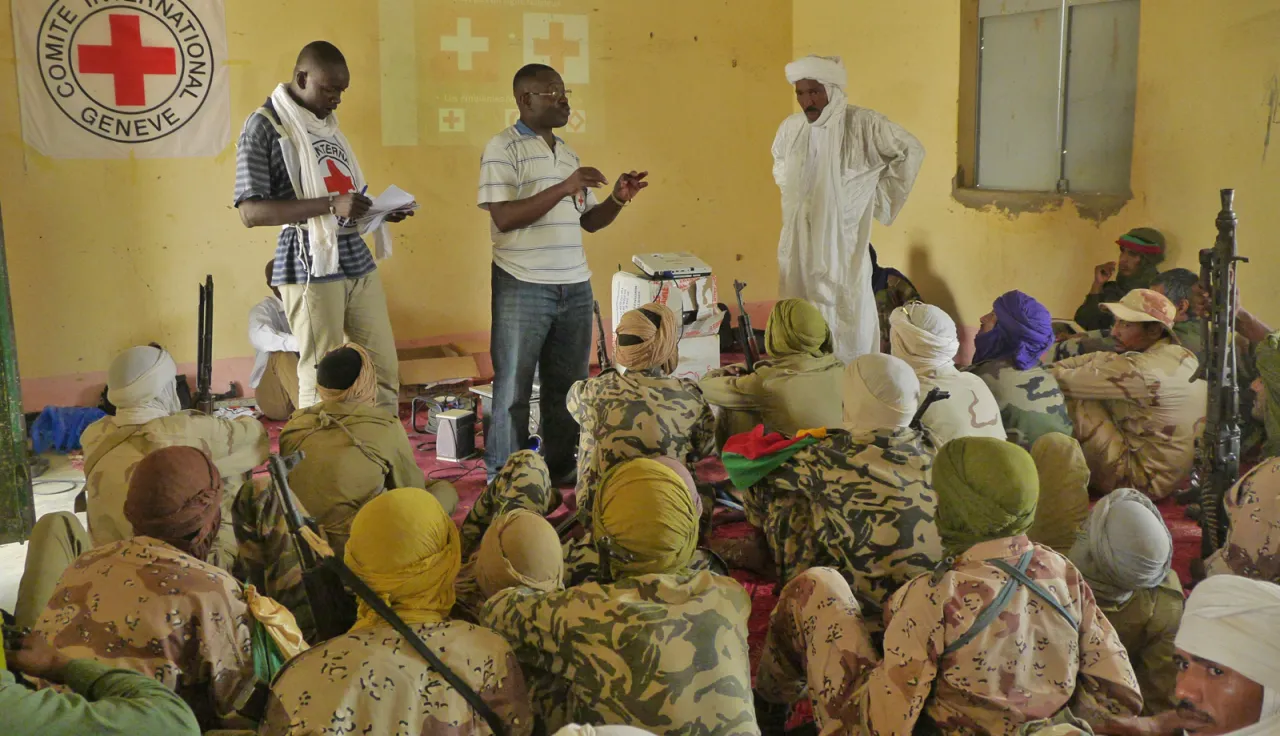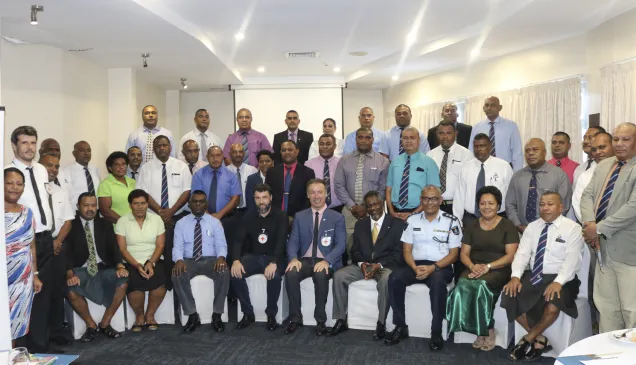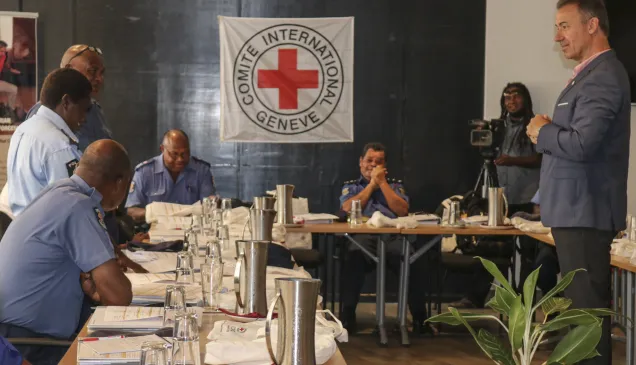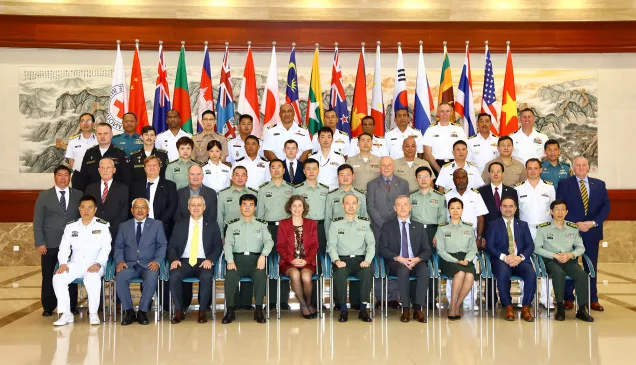Members of the National Movement for the Liberation of Azawad (MNLA) and of the High Council for the Unity of Azawad (HCUA) are attending an ICRC course on international humanitarian law in Kidal today.

v-p-ml-e-00104.jpg / CC BY-NC-ND / ICRC
"This is one session in a series that began a few weeks ago. So far, we've raised awareness of international humanitarian law among more than 200 fighters from the MNLA, the HCUA and the Arab Movement of Azawad in Ménaka, Ber and Kidal," said Christoph Luedi, head of the ICRC delegation in Mali. "The long-term goal is to make these armed groups aware of their responsibilities in terms of respect for international humanitarian law, and to help them to better understand the rules of behaviour applicable in conflict situations."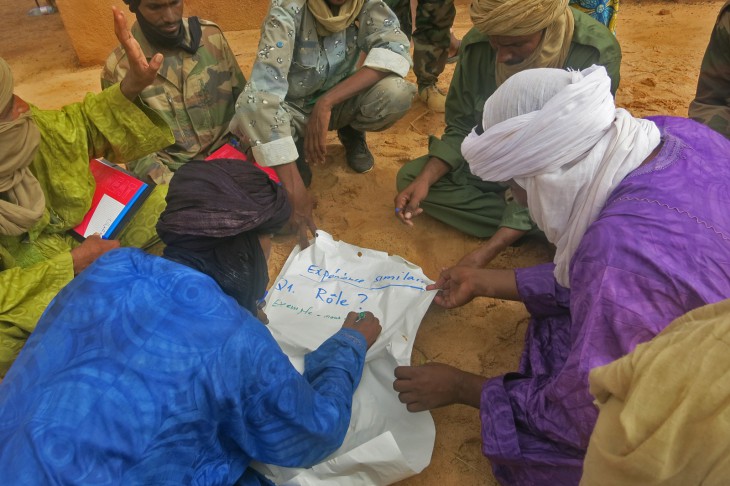
v-p-ml-e-00102.jpg / CC BY-NC-ND / ICRC
The participants are made aware in particular of issues relating to the protection of civilians and people no longer taking part in hostilities, the treatment of people who have been captured, and respect for humanitarian principles. International humanitarian law is a set of rules designed to limit the effects of armed conflict. It protects people who are not or are no longer taking part in hostilities and restricts the means and methods of warfare.
v-p-ml-e-00105 / CC BY-NC-ND / ICRC
"It's because of the good relations we have had for many years with the leadership of these various armed groups that we are able to give this course," said Mr Luedi. "In accordance with its mandate, the ICRC maintains dialogue with all parties to the conflict and provides them with the support they need in the area of international humanitarian law."
The ICRC, in its capacity as a neutral and impartial humanitarian organization, has contacts with everyone involved in the conflict in Mali. For several years it has helped all armed forces achieve a better understanding of and show greater respect for international humanitarian law.
For further information, please contact:
Valery Mbaoh Nana, ICRC Bamako, tel: +223 76 99 63 75
Thomas Glass, ICRC Geneva, tel: +41 22 730 31 49 or +41 79 244 64 05

